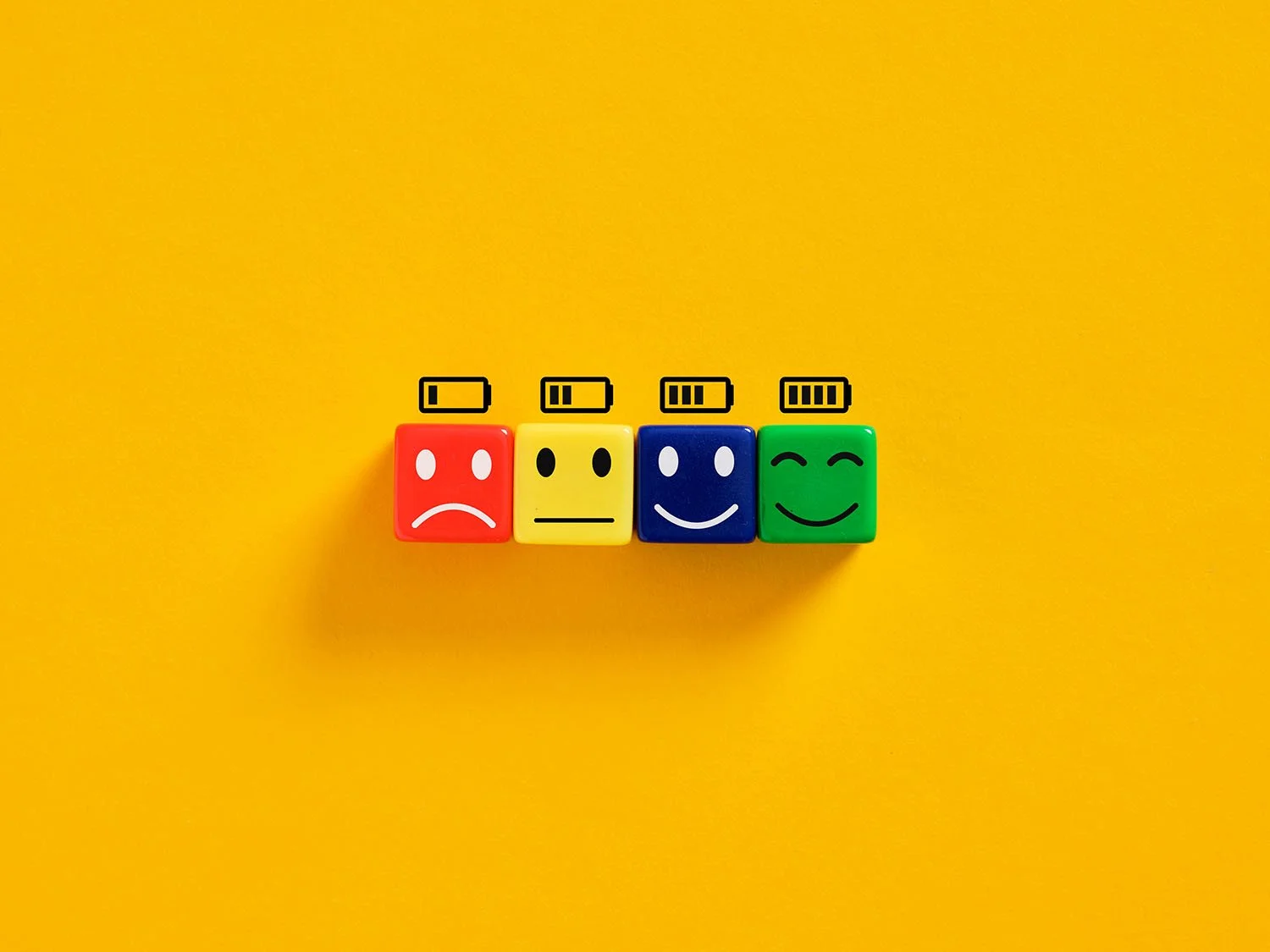4 Common Myths About Testosterone Replacement Therapy: What You Need to Know
Testosterone replacement therapy (TRT) is a medical treatment designed to help individuals with low testosterone levels restore balance and improve their overall well-being. While TRT has gained popularity in recent years for its potential to address symptoms like fatigue, low libido, and mood changes, there are still many misconceptions surrounding it. Unfortunately, these myths can prevent people from seeking the help they need to improve their quality of life.
At OTR Health & Wellness, we are committed to providing accurate, science-based information and safe, effective solutions for those considering testosterone replacement therapy. In this article, we’ll tackle some of the most common myths about TRT and provide you with the facts you need to make informed decisions about your health.
Myth 1: TRT Causes Aggression
One of the most widespread misconceptions about testosterone replacement therapy is that it causes aggression or roid rage. This belief likely stems from outdated stereotypes about testosterone’s association with aggressive behavior. However, scientific research does not support this claim.
In fact, studies have shown that TRT, when administered at appropriate levels under medical supervision, does not lead to increased aggression. Instead, TRT can help individuals with low testosterone feel more balanced, experience improved mood, and reduce irritability. Low testosterone itself has been linked to mood disorders such as depression and anxiety, and restoring hormone levels can contribute to emotional well-being rather than aggression.
At OTR Health & Wellness, we prioritize patient safety by providing tailored TRT plans based on individual needs. Our experienced team ensures that hormone levels are monitored closely, preventing any risks of excessive dosing that could lead to side effects. With proper oversight, TRT can be a safe and effective way to improve your overall quality of life without concerns about aggression.
Myth 2: TRT Is Only for Older Men
Another common myth about testosterone replacement therapy is that it is exclusively for older men. While it’s true that testosterone levels tend to decline naturally with age, low testosterone can affect individuals of various age groups, including younger men.
Symptoms like fatigue, reduced muscle mass, low libido, and difficulty concentrating can be signs of low testosterone, regardless of age. Factors such as stress, medical conditions, or lifestyle choices can contribute to declining hormone levels even in younger individuals.
At OTR Health & Wellness, we understand that each person’s journey is unique. That’s why we take a personalized approach to TRT, offering customized treatment plans for men of all ages who are experiencing symptoms of low testosterone. Our goal is to help you regain energy, confidence, and vitality, no matter where you are in life.
Myth 3: TRT Is Unsafe
Safety concerns about testosterone replacement therapy often stem from misunderstandings or outdated information. Some worry that TRT might increase the risk of heart disease, prostate issues, or other serious health conditions. However, when administered under proper medical guidance, TRT has been shown to be safe and effective for individuals with low testosterone levels.
At OTR Health & Wellness, patient safety is our top priority. Our comprehensive approach to TRT includes thorough evaluations, personalized treatment plans, and ongoing monitoring to ensure optimal results. By regularly checking hormone levels and assessing any potential side effects, our team works to minimize risks and maximize the benefits of therapy.
It’s important to note that problems often arise when TRT is done without proper oversight, such as through unregulated products or unsupervised self-administration. That’s why partnering with a trusted provider like OTR Health & Wellness is essential for a safe and positive experience.
Myth 4: TRT Leads to Infertility
Many people believe that testosterone replacement therapy automatically leads to infertility. While TRT can impact fertility by suppressing the body’s natural production of testosterone and sperm, this effect is not always permanent and can often be managed with proper medical guidance.
For those who are concerned about fertility while undergoing TRT, there are options available. For example, certain medications can be used alongside TRT to stimulate natural testosterone production and support sperm production. Additionally, fertility preservation methods, such as sperm banking, can be explored before starting therapy.
At OTR Health & Wellness, we provide comprehensive support for individuals who have fertility concerns. Our team is here to answer your questions, discuss your options, and create a customized treatment plan that aligns with your health and family goals. With the right guidance, you can achieve hormonal balance while keeping your future plans in mind.
Testosterone replacement therapy is an effective treatment for individuals with low testosterone levels, but myths and misconceptions can create unnecessary hesitation or fear. We’ve clarified the truth about common myths, including concerns about aggression, age restrictions, safety, and fertility.
It’s essential to seek accurate information and work with a trusted provider to ensure the best outcomes. At OTR Health & Wellness, we are dedicated to empowering our patients with the knowledge and personalized care they need to make informed decisions about their health. If you’re considering testosterone replacement therapy or have questions about your options, don’t hesitate to reach out to OTR Health & Wellness for expert guidance and customized solutions.





















